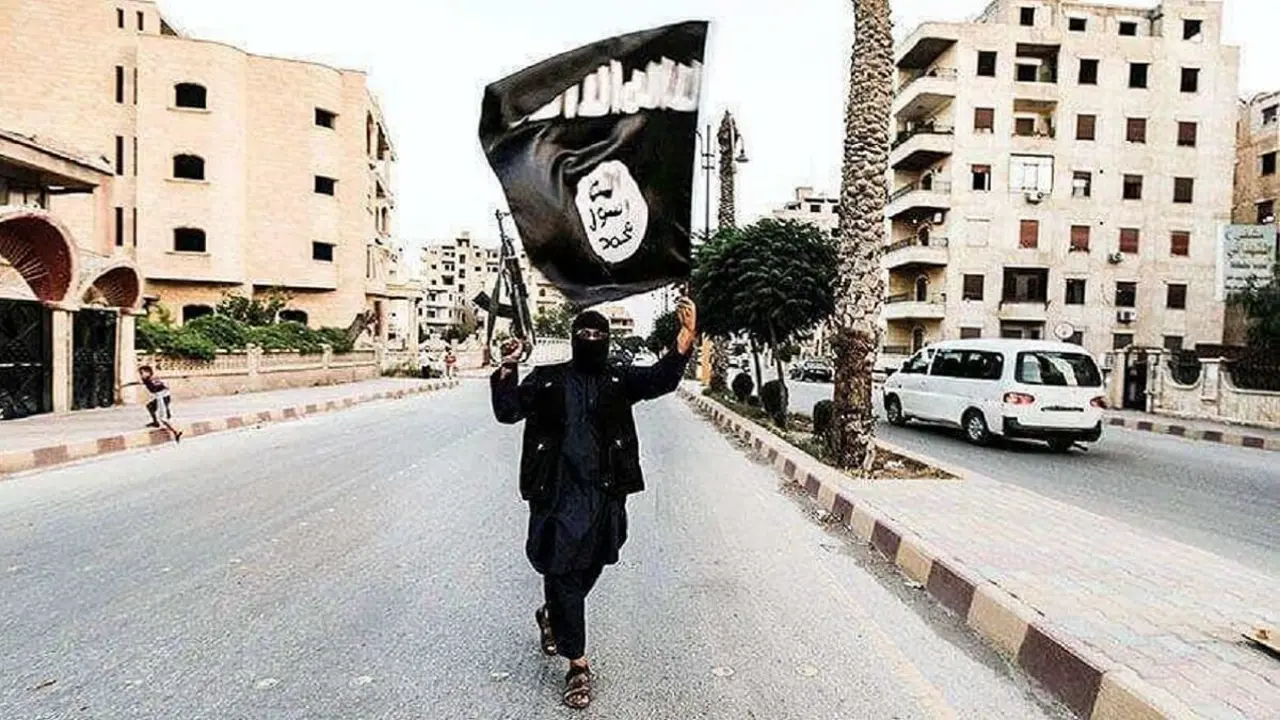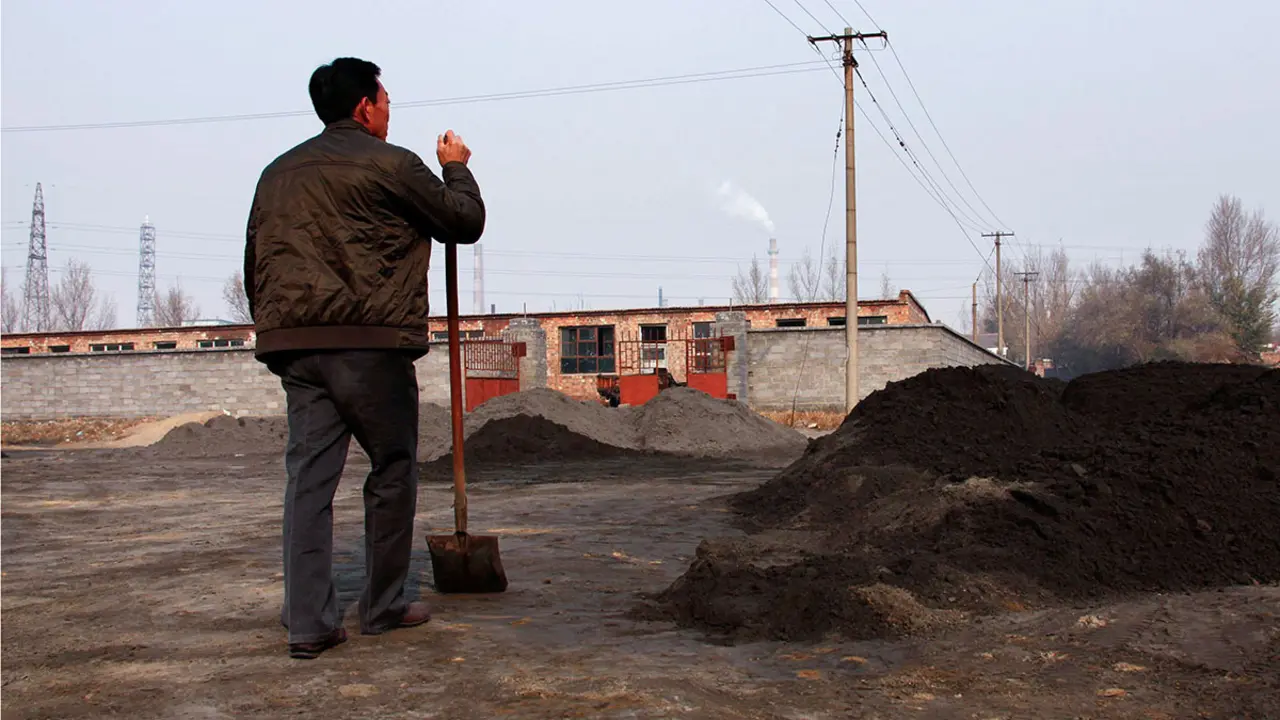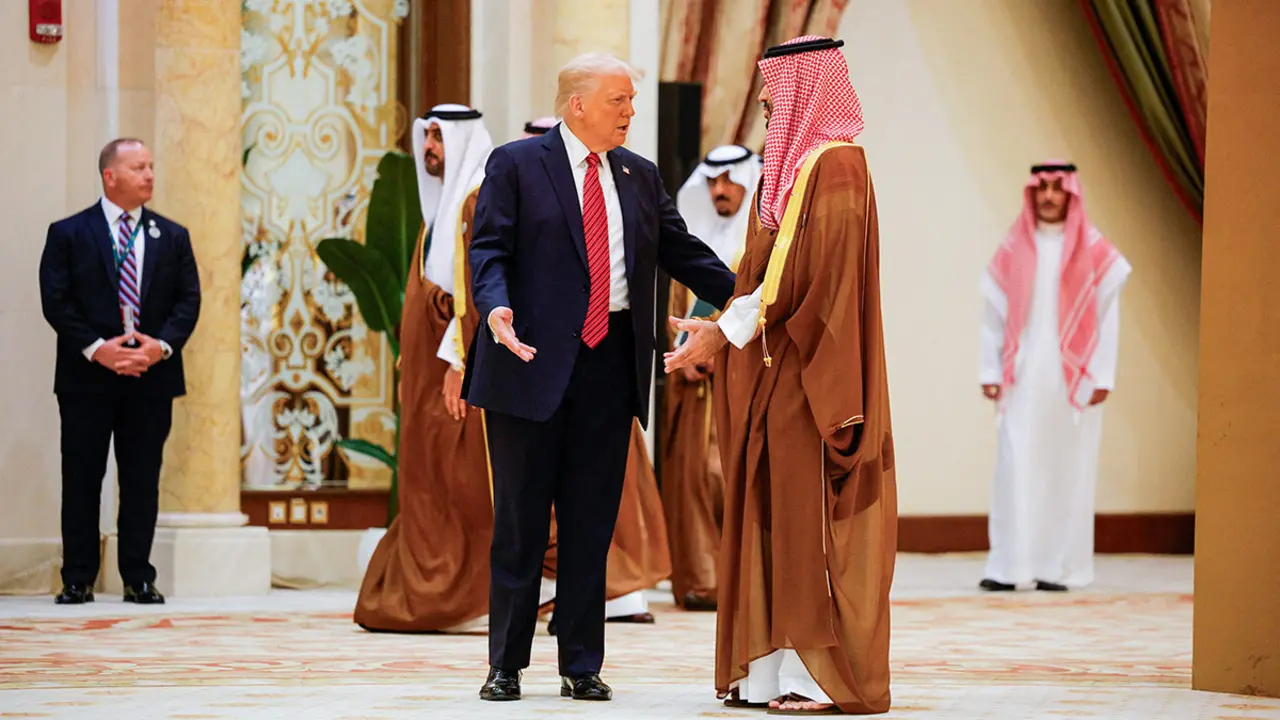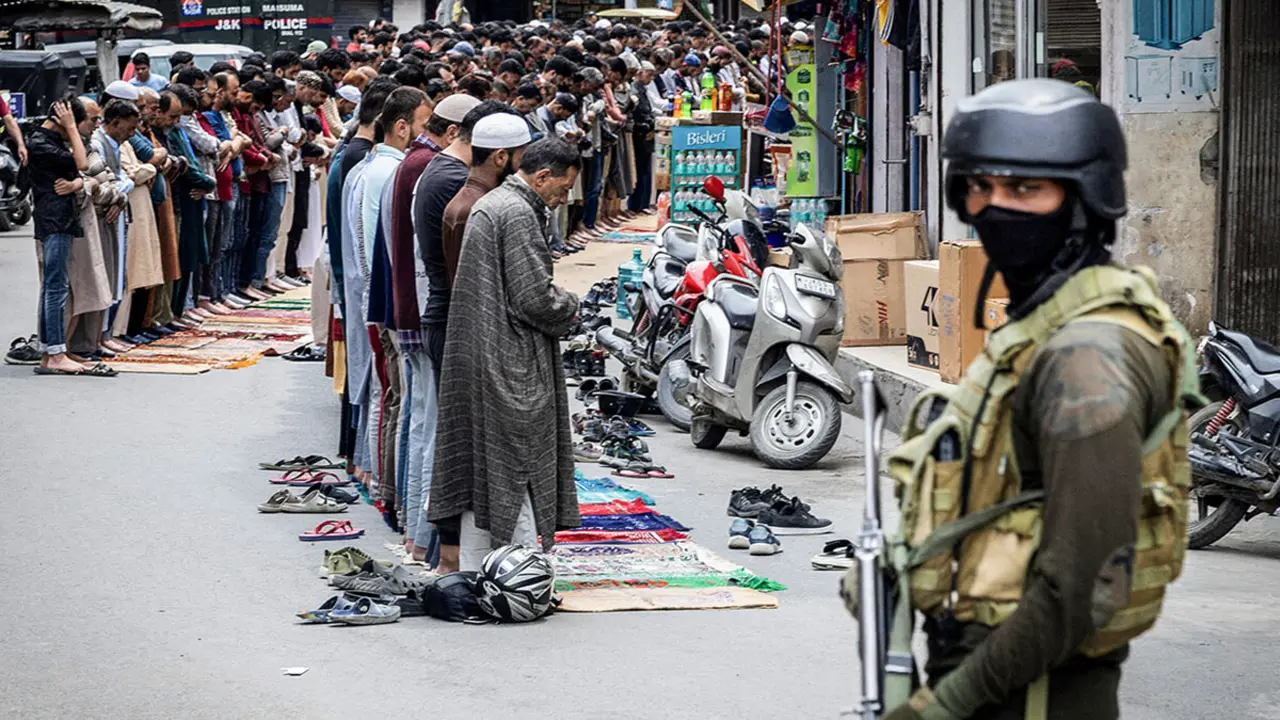Saudi Arabia: A rise that focuses the eyes of the international community

On everyone's lips. This is how Saudi Arabia has been for months. The country de facto led by Prince Mohammed bin Salman (MBS, from now on) is capturing the attention of much of the world. And it is doing so for various factors that will be analyzed in the following lines. While it is true that their movements in foreign policy or the multiple signings of European football stars are some of the reasons that are generating the most noise, the reality is that the work of the Saudis has many edges, all of them established in a premeditated and conscientious way.
Vision 2030 is the benchmark, the framework of which all the initiatives of a country that has strongly committed to becoming one of the world's leaders in the shortest possible time are part. And the road, at least for the moment, is getting great results. The desire to move away from dependence on oil has made Arabia look at other fields and is approaching them in such a way that many are already looking sideways at the Saudi country, firstly, as a determining actor in international relations, and secondly, as a more than likely job destination.

A new key player in the World Order
It is one of the priorities of the Saudi government. They wanted to gain importance on the political scene, to leave behind the image of oil and money. Becoming a key element of the geopolitical landscape was a path that Riyadh wanted to take, and it has done so decisively. Their historic dispute with Iran, staged in Yemen, ended - under Chinese auspices - and they have re-established diplomatic relations a little less than a decade later. One of the biggest cracks in the Middle East was closed and stability, which has always been conspicuous by its absence in the region, seems closer.
The steps in that direction have only increased as time passes. The last, one of the priority objectives of Arabia, is to become a full member of the BRICS group – an economic-commercial association formed by Brazil, Russia, India, China and South Africa. Along with Argentina, Egypt, Ethiopia, Iran and the United Arab Emirates, the Saudis have been invited to join the association that now unites countries that could hardly have sat at the same negotiating table a few months ago. Hence every movement, with China as the conductor, follows a meticulously drawn route.

Saudi Arabia wins integers to become a key element of the international board. Their already well-known economic power is being strongly endorsed by a political evolution that aims to bring them to the center of the world stage. Something that is leading many to have begun to look sideways at the Saudi country, not only as an oil giant, but also as an attractive job destination.
NEOM: Working on the $500 billion project
The flagship of Vision 2030. A megaproject supported by four initiatives that aim to attract tens of thousands of workers from all over the world. Described by its creators as the opportunity to live in a “new future” that is already under construction, it offers positions in the fields of "industrialization and innovation, corporate development, health and safety, finance, sports, strategic planning and technology, marine conservation, government engagement and government services and operations."

To understand its magnitude you have to know NEOM. Composed by Sindalah, The Line, Trojena and Oxagon, it is a project started from scratch. The most surprising and the strongest bet, The Line, is a city arranged in a straight line 170 kilometers long, 200 meters wide and 500 meters high. Prepared to accommodate nine million people, The Line aims to be the model to follow for the cities of the future, although many experts believe that it may be an impossible mission. Only time will be able to tell if this way of life in a self-sustainable and CO2-emission-free city is really a possibility or a utopia that ended in failure.

Sindallah is the pinnacle of Saudi luxury and, above all, closer to what we already know. It is a completely luxury island located in the Red Sea and it could start receiving its first customers in the course of 2024. More than 840,000 square meters in which hotels, yachts and golf courses will populate its entire extension. It will be another of the complements that make up NEOM, although with a clear objective of raising luxury to the next level and obtaining great benefits that sustain all the investment that is being made on the way to Vision 2030.
On the other hand, Oxagon will be the largest floating industrial city in the world. In addition, it will be completely sustainable and is defined as “a center of clean and advanced industries with zero emissions”. And finally, Trojena, located in the province of Tabuk, aims to be completed by 2026. It is a site with a freshwater lake, ultra-luxury villas and hotels and, as a key element, an artificial ski slope that will be operational all year round. And it is precisely this element that is one of the most important since it is one of the reasons that have allowed Saudi Arabia to win the candidacy to host the 2029 Winter Games, which is another example of the Saudi commitment to sport.

Sport as a gateway to Europe
The 2029 Games is one of the first steps on this path that has many other fronts. Currently, football and the signings of the Saudi Pro-League teams are in the center of all eyes, but Riyadh's move towards sports is a decided bet. This is what his joint candidacy with Greece and Egypt to organize the 2030 Football World Cup shows. In fact, the intention of the Saudis was to do it individually, but the FIFA statutes do not allow it since Qatar, of the same confederation, has just celebrated the 2022 one.
This is how Arabia intends to move away from that oil-dependent image towards one that has sport as its flag. They intend to strengthen their football with galactic signings at the drop of a hat, but also encourage growth from the youth ranks – also making use of their tireless economic muscle, of course –. A proposal was launched from Riyadh that tempted more than one in Europe. They were offering $4,000 a month and housing in exchange for playing for teams in the third division of Saudi football.

They want to build football – “their football” - from the lowest divisions. It is not only to bring the best to the elite category, they also want to increase the level of the lower ones to promote this sport as soon as possible. What doesn't change is the way we attract the best. Money should come first and, although it is said that money is not everything, the way to use it can help a lot to achieve it. Bringing in players, investing in infrastructure that allows their development, and raising the level both in the growth stages and in the final product, generate a framework that, if everything follows the course expected by the Saudis, can have its own top-level football.

However, this focus on the king sport has been done in various ways. It has also been used to bring the image of Saudi Arabia closer to European countries, bringing important parties from the Old Continent. The super Cups of Spain and Italy are two good examples of this. Elite matches brought to the Middle East with a double objective: to bring top-level football closer to their society while showing their country as an alternative to host top-level competitions and attract foreigners.
Everything is done in line with a strategy that, as has been stressed on numerous occasions, leaves no room for surprises because it is measured to the millimeter. To make it possible, there is a giant behind, as is the Saudi Investment Fund, which manages practically all the movements of the country and works under the watchful eye of MBS. From the purchase of Newcastle United to the creation of a new airline. Everything passes through the hands of the key and differentiating element that is empowering the country.

The Saudi Public Investment Fund
Everything is sustained thanks to the fund. It is the cornerstone on which the country's initiatives revolve and which, as it cannot be otherwise, brings Vision 2030 closer. The Saudi Public Investment Fund (PIF) is the method of financing this entire series of projects, among which an ambitious new element has been erected and which, curiously but not coincidentally, has chosen football to make itself known in Europe. The Riyadh Air airline, the new main sponsor of Atletico Madrid, has just been born and, even with no scheduled flights until 2025, it has already begun to attract the attention of many.
Airlines make up one of the powerful brands of many Middle Eastern countries. Fly Emirates, Etihad Airways or Qatar Airways are some of the most important examples of the United Arab Emirates and Qatar. Now it is Saudi Arabia that wants to join this trend with an airline, and it wants to do it in a big way. In the time remaining until the take-off of their planes, Riyadh Air's chief operating officer assures that they are “looking for the first set of pilots to join our team, which will guide us during the training period and will be developed until the launch of the airline.”

The numbers of the PIF's investment in this airline are superlative. This is the largest agreement signed by Boeing in its entire history with the sale of up to 121 787 Dreamliner models. The goal is to transport 330 million passengers by 2030, a goal that, although it may seem far away, could be feasible in view of the investment that is being made to the Kingdom. Like this one, there are many legs that support an unprecedented expansion model and that is already attracting the attention of everyone.
Saudi Arabia wants to stop being an economically strong country to be a fortress in all aspects. The machinery is started up. Leisure, economy, sport, transport and innovation are some of the fields in which they have focused their development. What seems clear is that the image of the Saudi country is changing, its importance in international politics has grown exponentially and it is under the watchful eye of more and more people.








